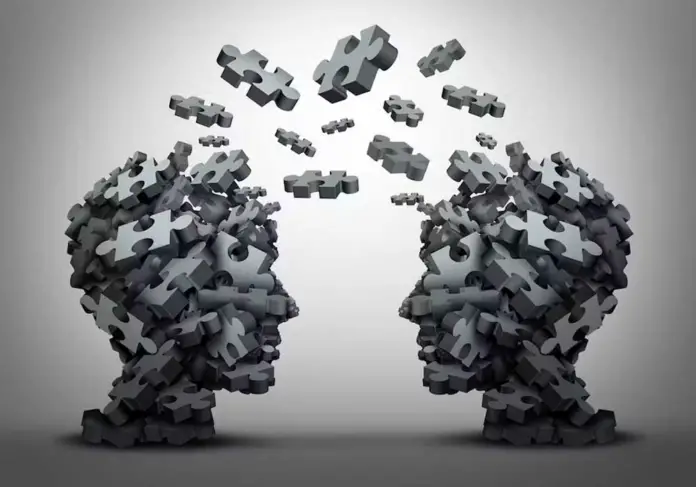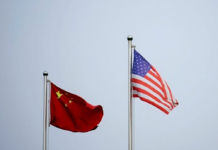Psychological warfare is the use of psychological techniques and tactics to influence and manipulate people’s thoughts, emotions, and behaviors. It is often used as a tool in military or political conflicts to gain an advantage over an adversary.
The effects of psychological warfare on national psychology can be significant. If a country is subjected to a sustained campaign of propaganda, disinformation, and other psychological tactics, it can lead to a range of negative psychological outcomes, including fear, paranoia, and a loss of trust in institutions and leaders. It can also create divisions within society, pitting different groups against each other and eroding social cohesion.
In some cases, psychological warfare can even lead to widespread psychological trauma and long-term psychological damage. For example, if a population is subjected to sustained bombing or other forms of violence, it can lead to post-traumatic stress disorder (PTSD) and other mental health problems.
On the other hand, psychological warfare can also be used to promote positive psychological outcomes. For example, it can be used to build morale, promote national unity, and encourage positive behaviors. This type of psychological warfare is often used in wartime to inspire troops and civilians to work together towards a common goal and shaping the way people think, feel, and behave. Propaganda, disinformation, and other forms of psychological manipulation can be used to undermine trust in institutions, create fear and anxiety, and sow division and discord within society. In extreme cases, psychological warfare can lead to widespread trauma and psychological damage, particularly if a population is subjected to prolonged violence or other forms of extreme stress. However, psychological warfare can also be used to promote positive outcomes, such as building morale, promoting national unity, and encouraging positive behaviors. As such, it is important to understand the potential psychological impact of psychological warfare and to work towards minimizing its negative effects while promoting positive outcomes.
The psychological impact of warfare can have long-term consequences on a nation’s mental health, well-being, and social cohesion. Even after a conflict has ended, the psychological damage can continue to affect individuals and societies for years or even generations. The trauma experienced by soldiers and civilians alike can lead to long-lasting mental health problems such as post-traumatic stress disorder, depression, and anxiety. Additionally, the use of psychological warfare can result in a loss of trust in institutions, leaders, and even fellow citizens, further eroding social cohesion and the sense of community.
Pakistan has experienced political turmoil in recent years, with various political parties and factions vying for power and influence existing tensions and further polarizes society. Political propaganda and disinformation can create confusion and undermine trust in institutions and leaders, further destabilizing the political landscape.
Moreover, the uncertainty and instability created by political conflict can lead to anxiety, fear, and a sense of helplessness among citizens. The use of violent tactics by political groups can result in trauma and long-lasting mental health problems for individuals and communities.
Psychological warfare has played a significant role in shaping Pakistani society over the years. Various actors, including political parties, military groups, and extremist organizations, have used psychological tactics to influence public opinion, undermine opponents, and promote their own agendas.
One example of psychological warfare in Pakistan is the use of propaganda and disinformation by political parties during elections. By spreading false information or demonizing opponents, political groups can manipulate public opinion and influence the outcome of elections.
Additionally, extremist groups have used psychological tactics to radicalize vulnerable individuals and recruit them into their organizations. This can include using social media to spread extremist ideology, promoting a sense of victimhood or outrage, and appealing to a sense of identity or belonging.
The impact of psychological warfare on Pakistani society has been significant, with effects ranging from the erosion of trust in institutions to the perpetuation of sectarian violence and terrorism. The use of psychological tactics has also contributed to a sense of polarization and division within society, making it more difficult to achieve social cohesion and national unity.
To address this situation, policymakers in Pakistan need to be aware of the potential psychological impact of political conflict and work towards minimizing harm while promoting positive outcomes. This could include measures such as promoting transparency and accountability in government, fostering a sense of national unity, and encouraging peaceful dialogue and conflict resolution. Additionally, efforts could be made to provide mental health support to those affected by political turmoil, particularly vulnerable groups such as women and children. By prioritizing the well-being of citizens, policymakers can work towards promoting a stable and resilient society that can withstand the challenges of political conflict.






